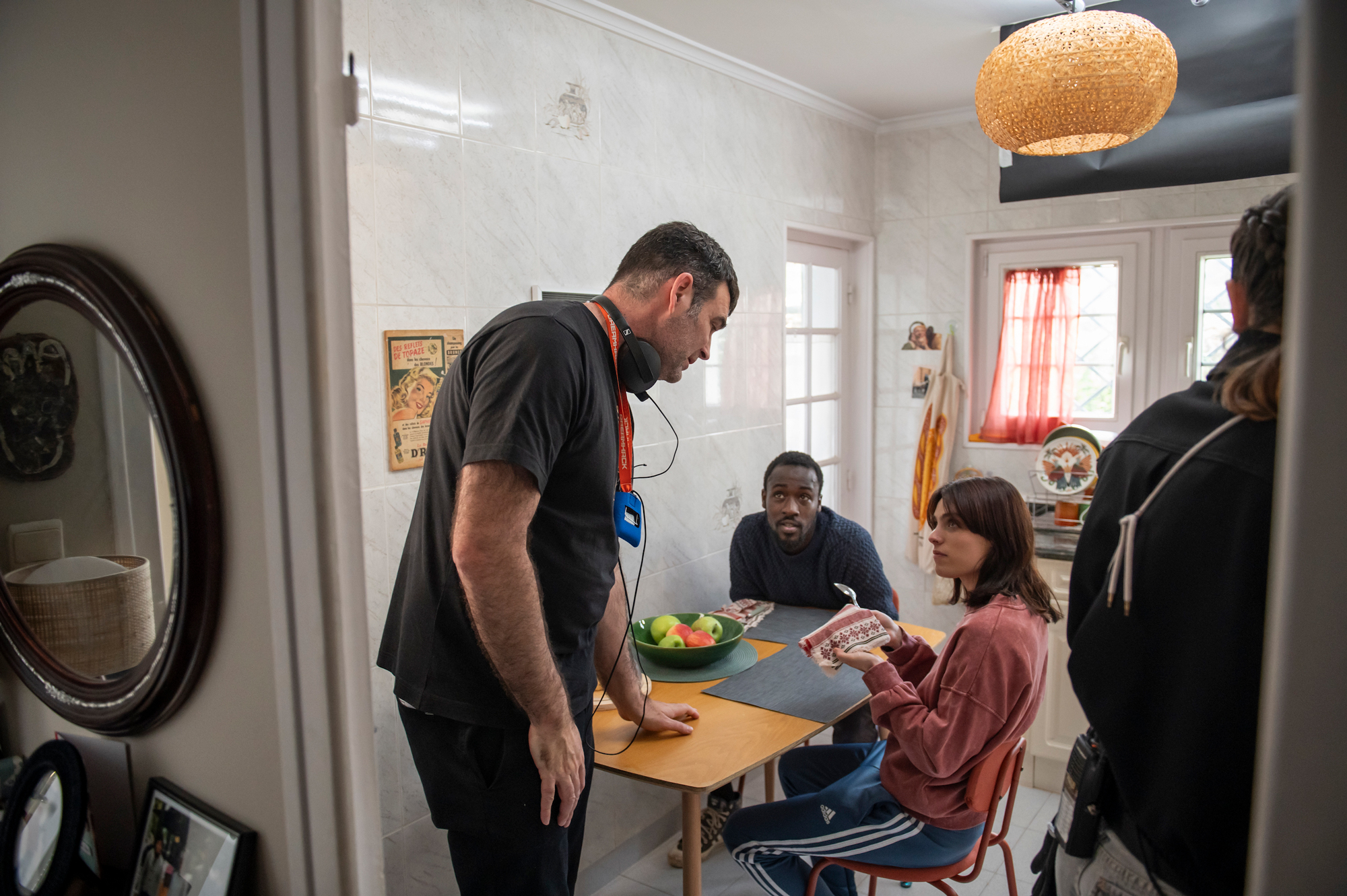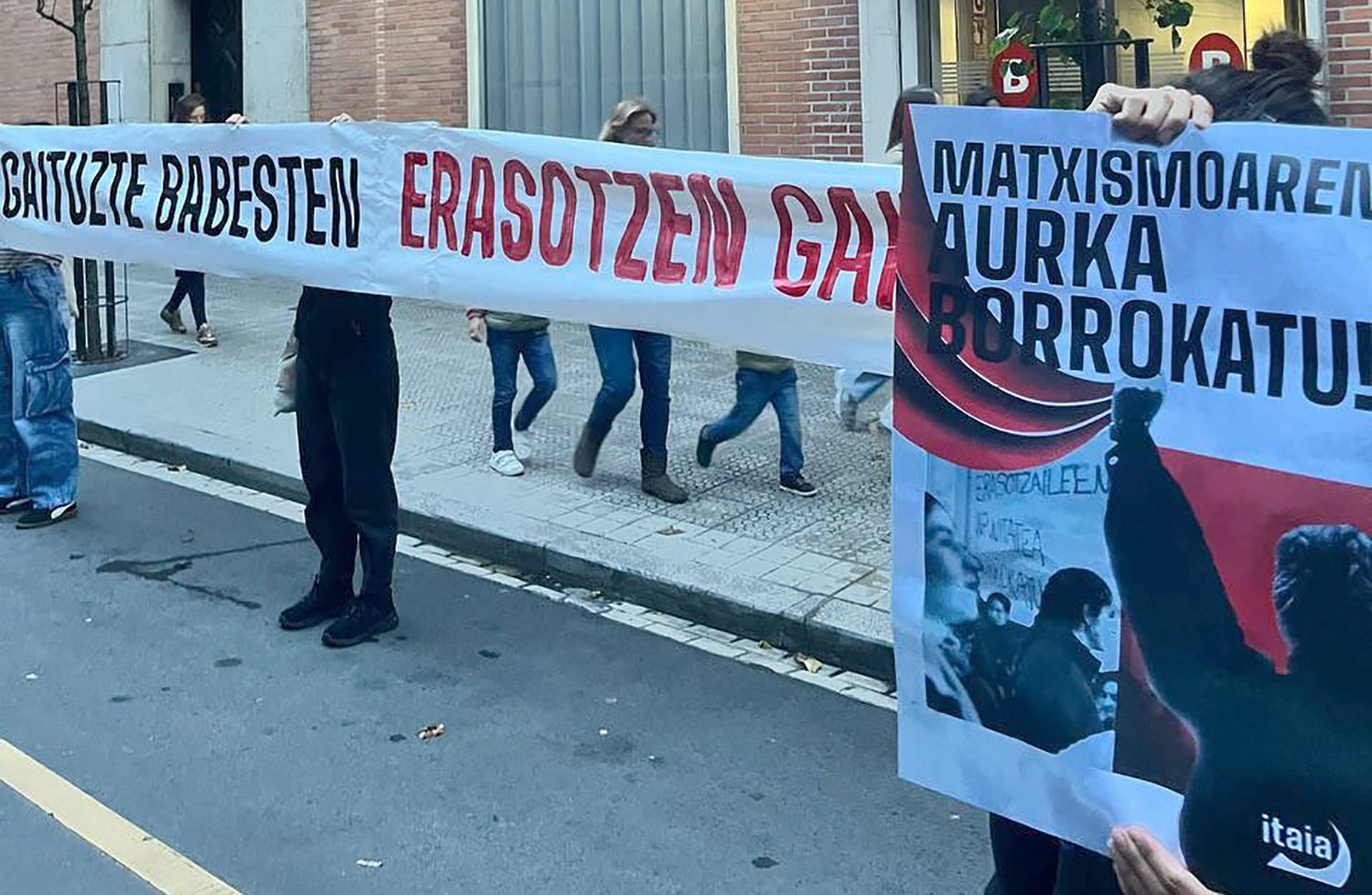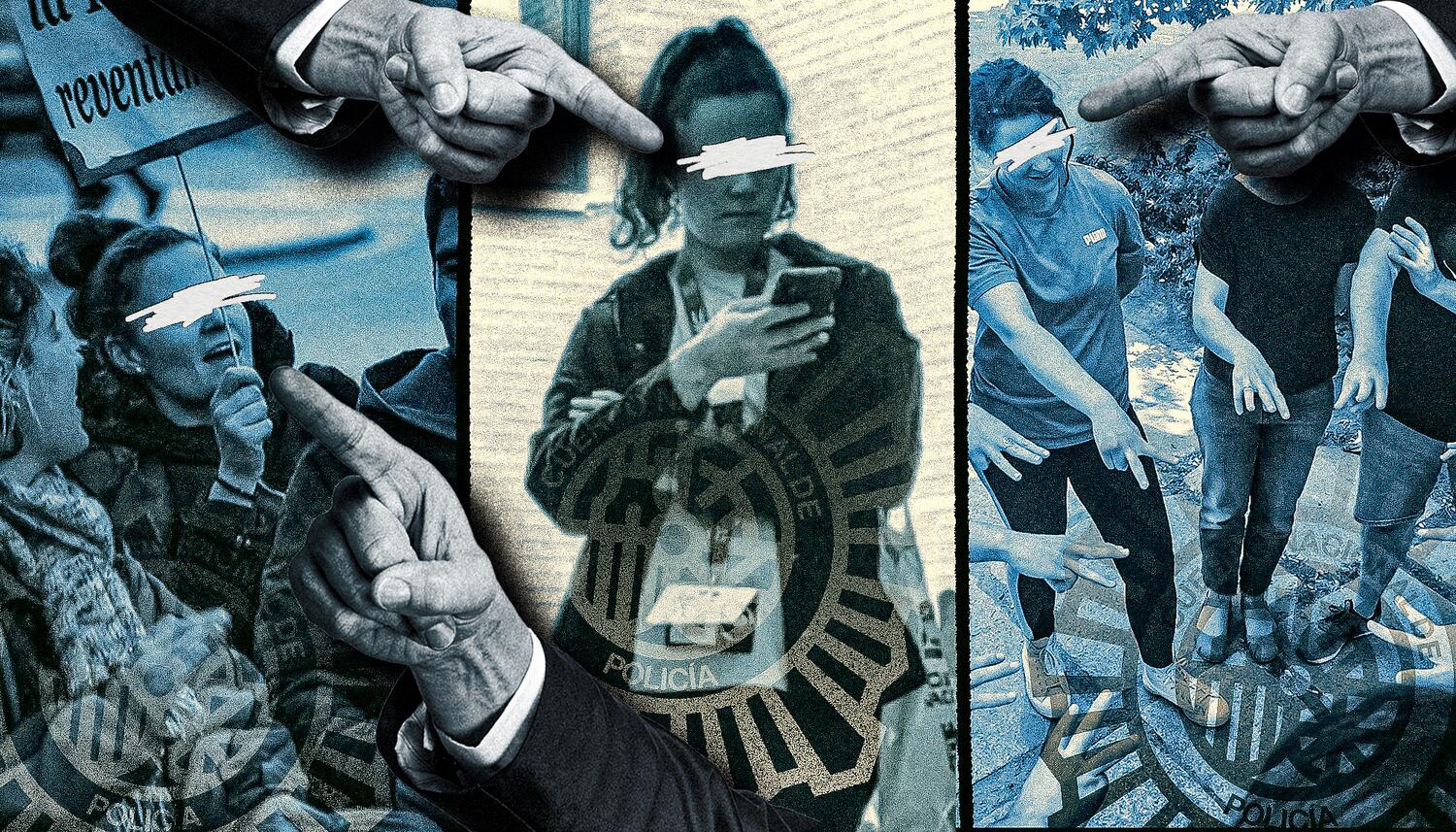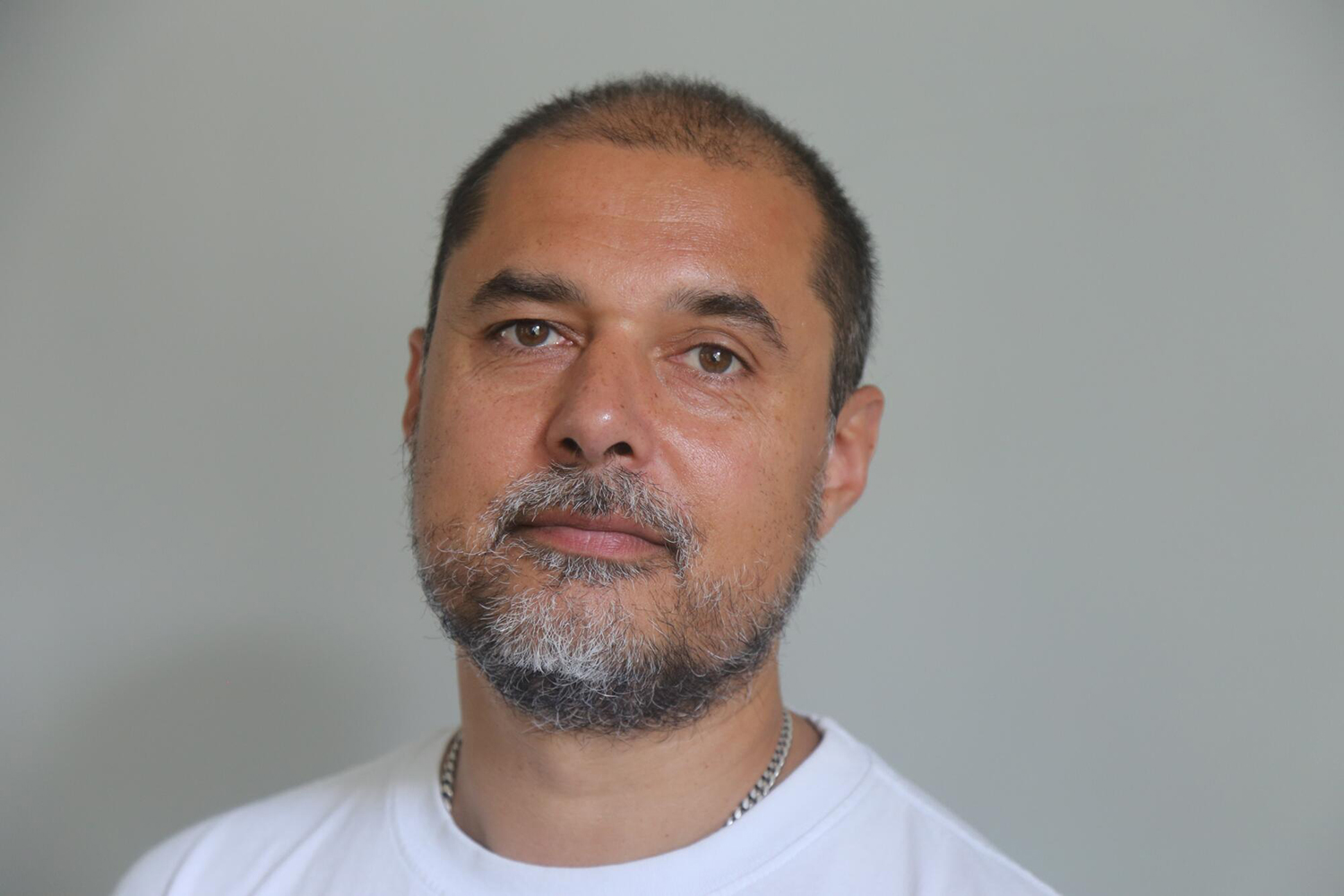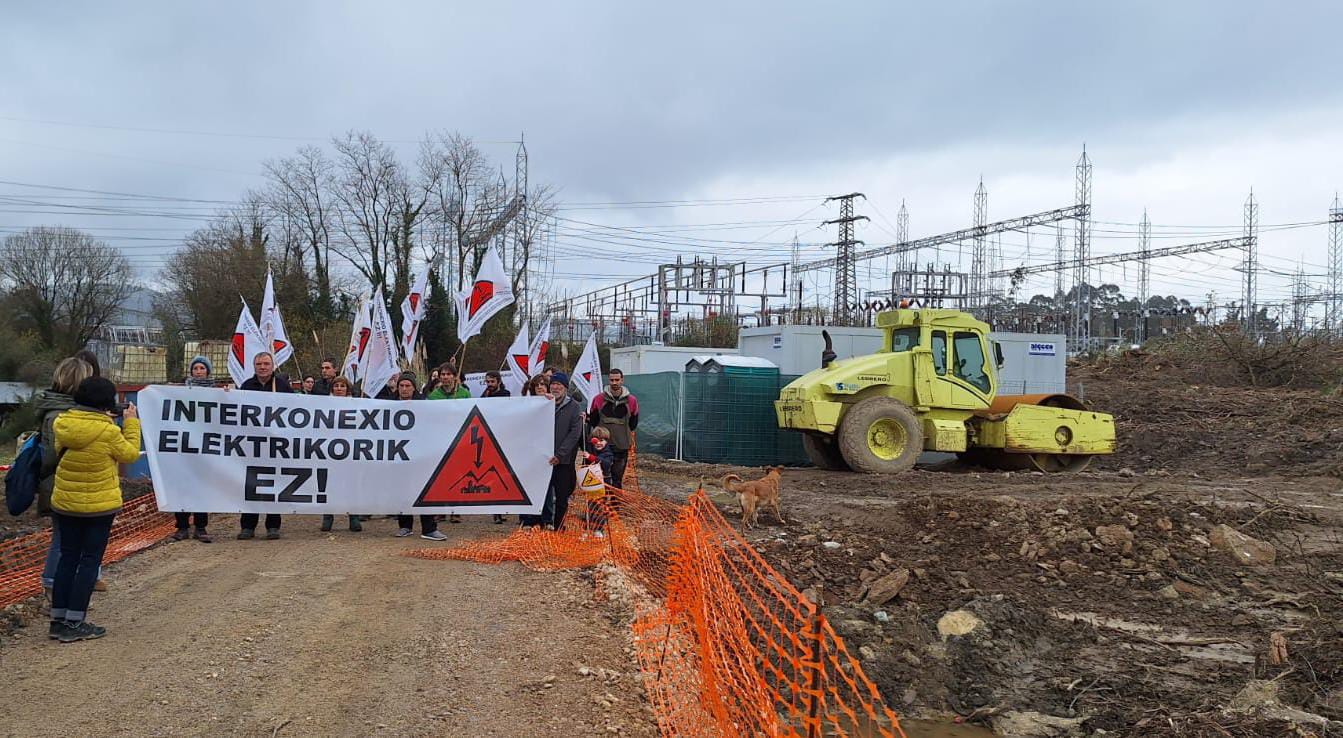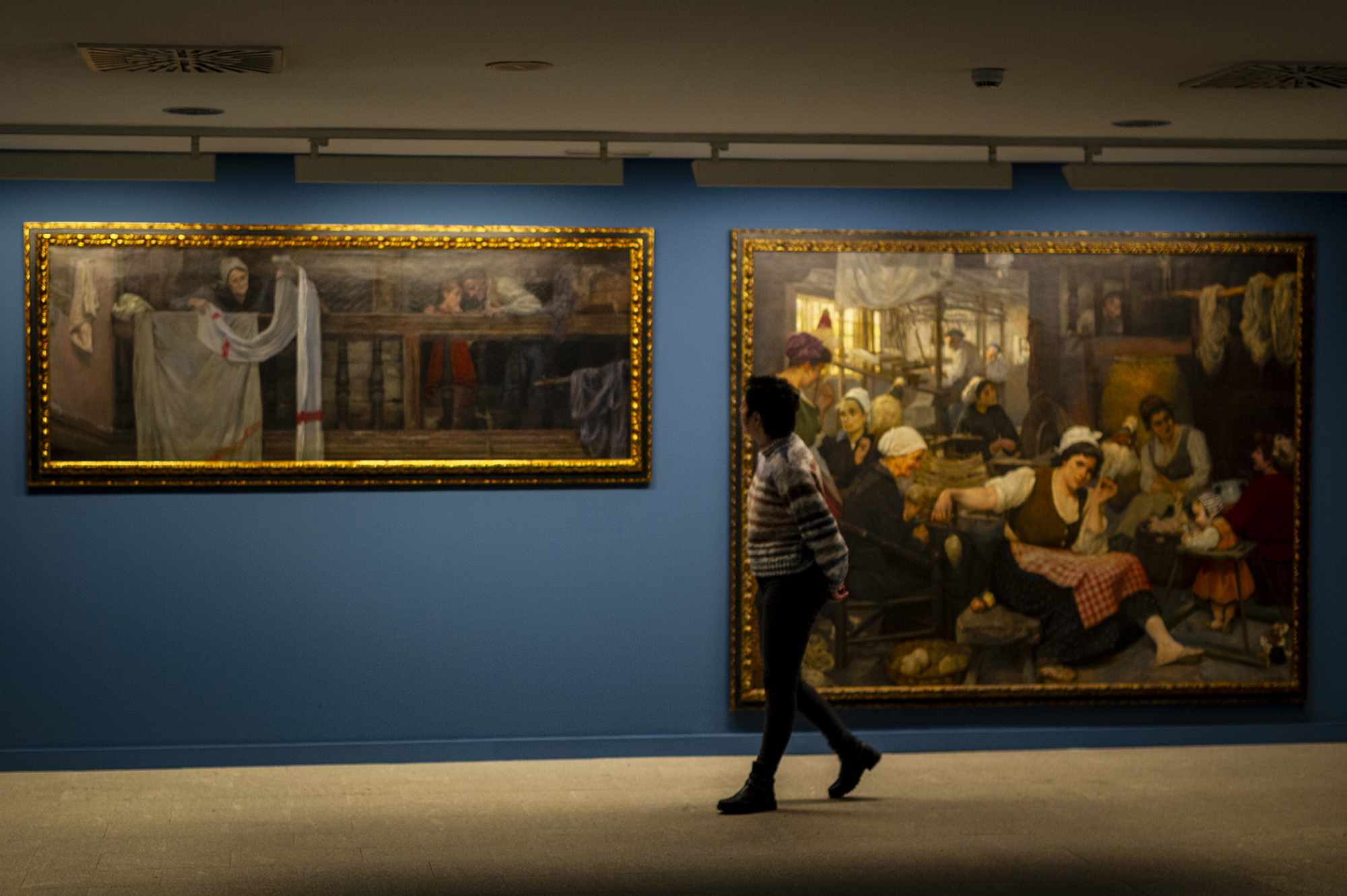Culture, beyond the interior

The 6th edition of the Invisible Film Festival will be held in September in Bilbao, with the NGO Culture, Communication and Development. As its own name suggests, the aim is to show films and documentaries that are not seen in regular movie theatres. These are documentaries about developing countries and far from the usual viewpoints, carried out in many cases by women. The organizers of the event believe that they are necessary to promote the culture and communication of these countries. That is why, each year, in several theatres in the Biscay capital, including the Golem cinemas and some schools, these films of social content are shown in September.
Ahead of the festival, last week we saw the Basque version of the documentary Ikus-Begiradak at the Zine Txokoa by Kafe Antzokia. Let us remember that this work received the award for the best film made by a woman in the 2010 edition of this festival. Catalan Alba Sotorra tells the story of five Muslim women from Bosnia, Iran, Afghanistan, Pakistan and Turkey. The experiences of these women constitute the nucleus of the documentary, but, as they are also creative, explain the leap they have made from an interior world to a visible world.
Sutorra, far from judging these women, has tried to break with the Islamic world and, above all, with stereotypes about women living in that culture. “We were going to get them thinking, saying what equality and freedom is,” said the Catalan director. To make the documentary, he spent 13 months traveling through the Balkans and the Middle East, hitchhiking on numerous occasions and making a long journey through the Middle East. He often stayed in the homes of the people he found on the road. He met Alma Suljevic in Sarajevo, Bosnia; Eren Keskin in Istanbul, Turkey; Rakhshan Barni-Etemad in Tehran, Iran; Moshgan Saadat in Herat, Afghanistan; and Nihid Siddiqui in Lai. Performance, music, film, literature and dance are the areas on which these women work, often prohibited in their countries of origin, and have therefore been exiled, persecuted and imprisoned.
The story of the documentary begins in Sarajevo. Alma Suljevic is working on deactivating the pains that have remained after the war in the camps in Bosnia. Based on this task, which is laborious but liberating, Alma has lived in different cities of the world and performs performances with the land he has taken in the minefields. Although Eren Keskin lives in Istanbul, she is a Kurdish woman. It is a civil rights lawyer and one who defends women who are raped in Turkish jails. He's also a singer. Although Rakhshan Barni-Etemad was a television journalist from Tehran, he is currently a filmmaker and deals with issues banned in Iran such as prostitution or drug addiction. Moshgan Saadat, the youngest woman in this documentary, is a writer who, when Afghanistan was in the hands of the Taliban, had to take a boy look to keep writing a poetry she loves above all. Finally, Nihid Saddiqui is a traditional Pakistani dance dancer, exiled in his time, “I was prevented from dancing, and that is more serious than the death penalty for me,” he says in the documentary. He has already returned to his village and there he gives classes of kathak, traditional Pakistani dance.”











